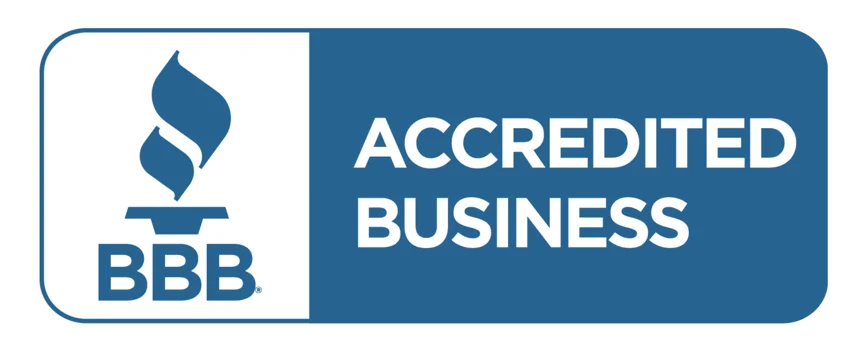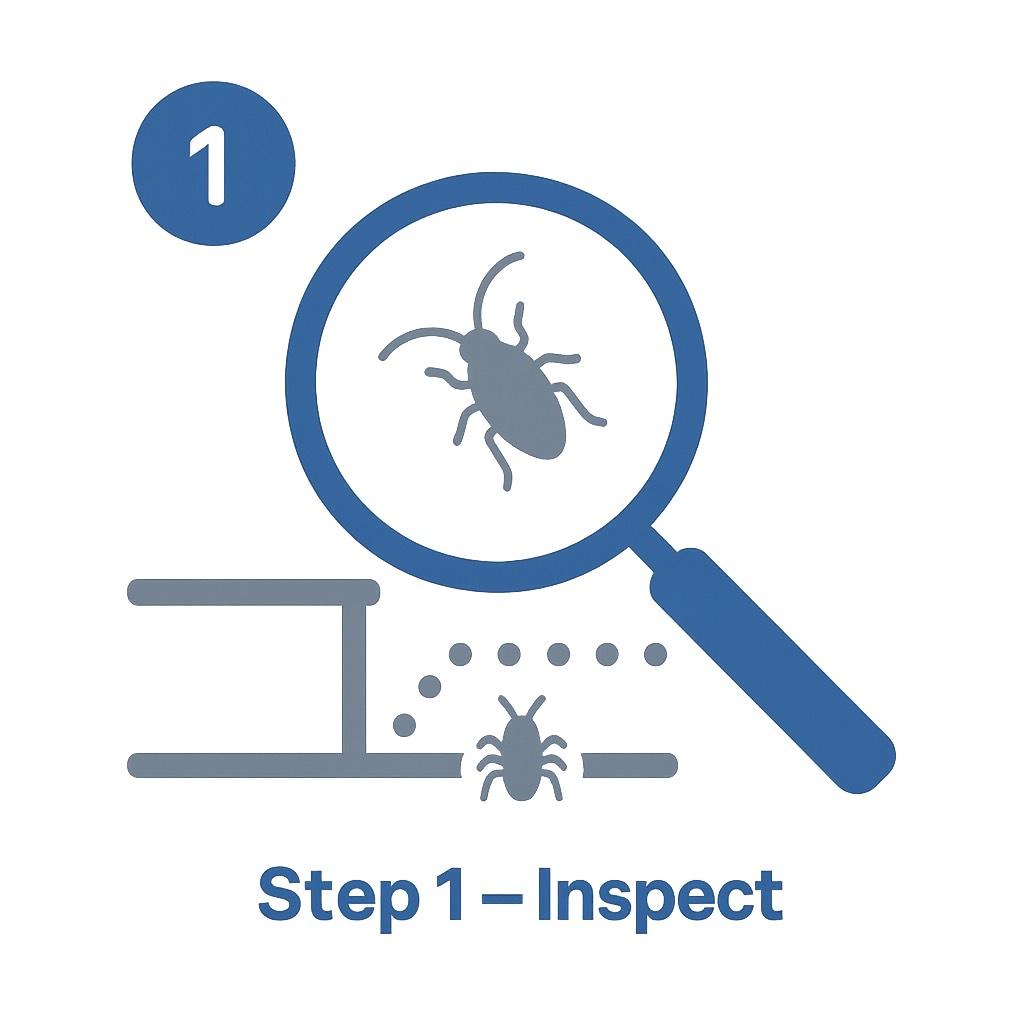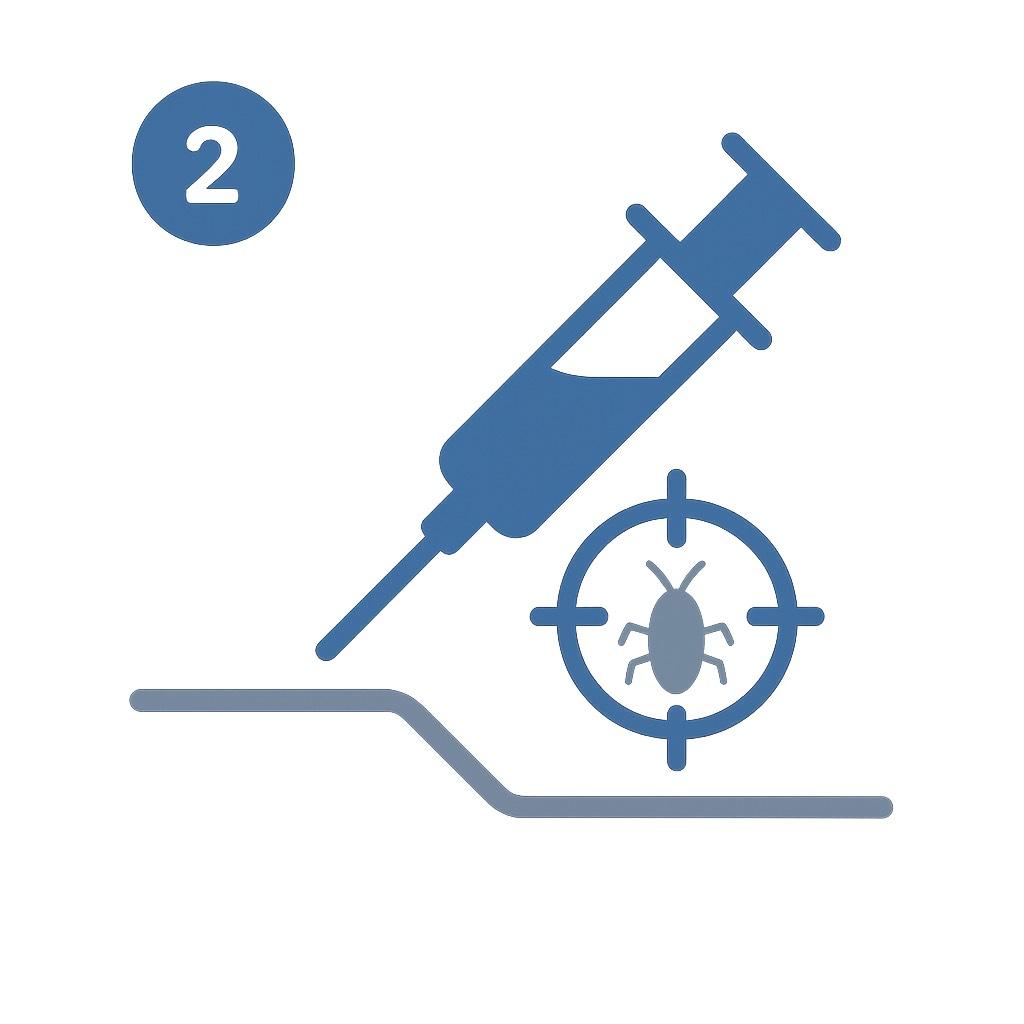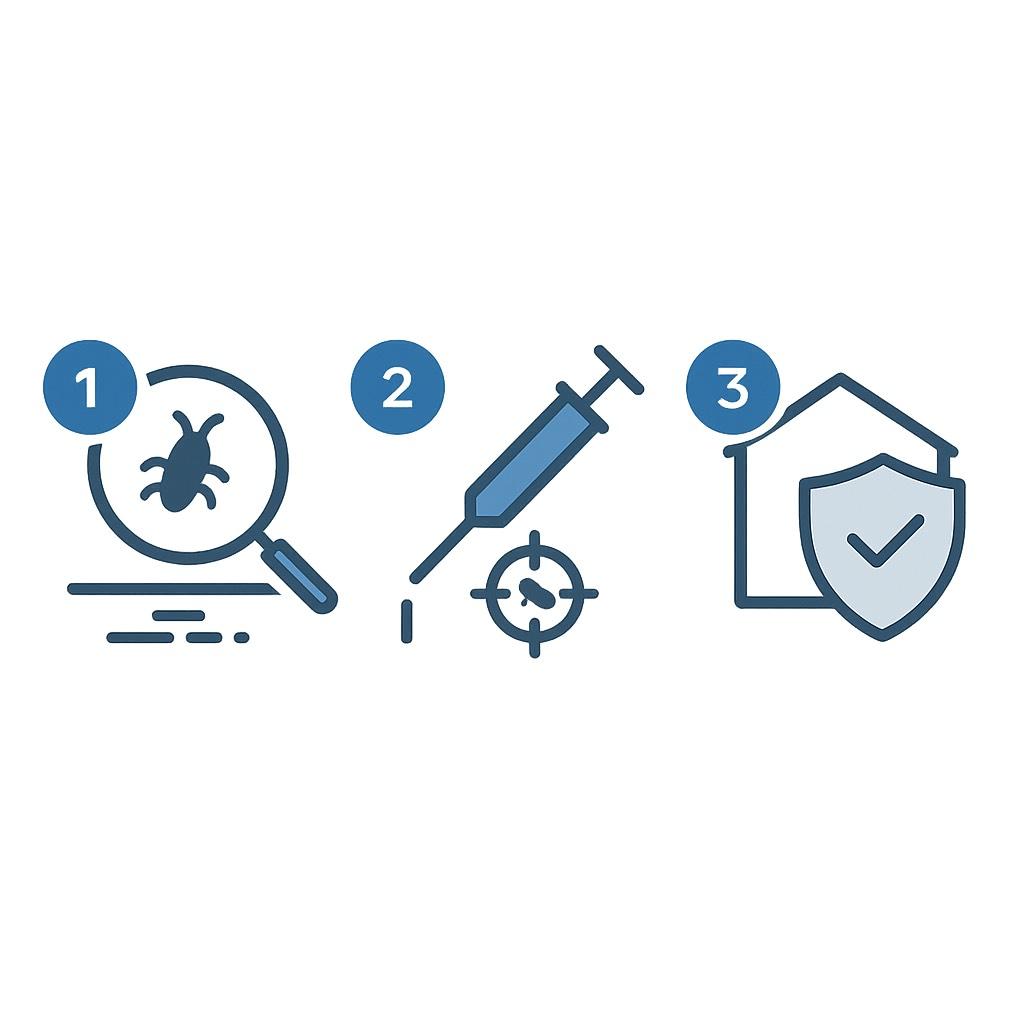 Skip to main content
Skip to main content
Our A+ BBB rating isn’t just for show—it means we deliver safe, effective ant elimination when it matters most. From kitchens to basements, one call to BBH can stop ants from spreading and protect your home or business before the problem gets worse.


We locate entry points, nests, and food sources to identify the scope of infestation.”

We apply targeted treatments to high-traffic areas, cracks, and nesting sites while addressing sanitation risks.

We provide long-term prevention strategies, including sealing entry points and treatment plans to stop re-infestations.

You need quick relief from visible ants.
• The infestation is minor and limited to one area.
• You’re budget-conscious and only need short-term control.

• You want complete elimination of colonies, including hidden nests.
• Ants keep returning despite DIY methods.
• You’re protecting a restaurant, multi-unit property, or family home long-term.
| Feature | One time service (control) | Treatment Plan (+ Warranty) |
|---|---|---|
| How It Works |
Single targeted visit focused on immediate knockdown
|
Initial service plus scheduled follow-ups to ensure full elimination
|
| Effectiveness |
Provides quick relief from visible pests, but reinfestation is possible
|
Eliminates both visible and hidden pests with long-term monitoring
|
| Eco Friendliness |
100% chemical-free, safe for pets, children, and those with allergies.
|
Uses professional-grade chemicals that are safe when applied correctly.
|
| Speed of Results |
Fast results — visible reduction after one visit
|
Fast relief with added protection that keeps working over time
|
| Cost |
Lower upfront cost; ideal for budget-conscious customers
|
Higher total investment, but includes warranty and fewer long-term issues
|
| Best for... |
Customers who need short-term control or peace of mind quickly
|
Homes, apartments, and businesses seeking elimination + ongoing protection
|
| Preparation Required |
Minimal prep — clearing small areas for treatment access |
More preparation — ongoing inspection, sanitation, and follow-up readiness
|
| Residual Protection |
Limited — effectiveness ends shortly after treatment
|
Strong and lasting — ongoing protection through scheduled visits
|
| Safety Considerations |
Safe, licensed methods applied by trained professionals
|
Same safety standards plus repeat inspections for added assurance
|
Whether you’re curious about the details of our extermination process or have concerns about recurring ant problems, our experts are here to provide you with the information you need. Get in touch for comprehensive advice from certified pest management professionals.
Ants leave scent trails that other ants follow, so they return to the same spots.
Some species bite, others sting. Carpenter ants bite; fire ants sting.
Food crumbs, sweet spills, grease, and moisture draw them indoors.
Carpenter ants tunnel through wood and can weaken structures.
Most are just a nuisance, but some spread bacteria or cause allergic reactions.
Yes, colonies can form inside wall voids or insulation.
Some colonies can contain tens of thousands of ants.
Winged ants are reproductive swarmers looking to start new colonies.
Indoors they can be, but they’re most active in spring and summer.
Ants can contaminate food and surfaces while foraging.
Sprays kill visible ants but don’t destroy the colony.
They use pheromone trails to guide others to food sources.
Carpenter ants don’t eat wood but excavate it to build nests.
Ants seek moisture, so bathrooms and kitchens are common hot spots.
When it comes to eliminating ant infestations, experience and reliability matter. With over a decade of expertise, we provide licensed and insured treatments that are both safe and effective. Plus, first-time customers get 15% off their service—because a pest-free home or business shouldn’t break the bank. Let us help you take back your space today!


